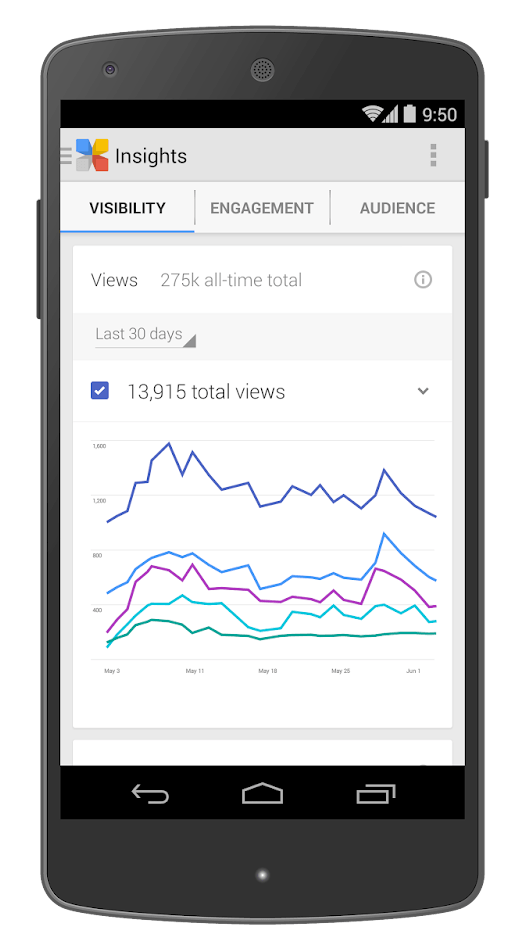 #1 Optimize Your Chamber of Commerce Listing
#1 Optimize Your Chamber of Commerce Listing
Does your chamber of commerce have a business directory? Have you checked to make sure your contact information is correct and there’s a link to your website? Is there additional information you can add? These type listings can really help your local SEO. Make sure they’re correct and have as much information as possible.
#2 First Impressions Matter
Make sure your logo, website, marketing materials, etc. have a professional and credible design. It only takes the average person 1/10 of a second to form a first impression, according to a study by Princeton psychologists Willis and Todorov.
Studies show 98% of your website’s new traffic will not complete a marketing conversion and of those visitors who do convert, 84% of them will do so during their first visit!
#3 Who, What and How Immediately
Within seconds of arriving on your website a potential customer should know your agency name, what type insurance you sell, and how to contact you. It sounds obvious but you’d be surprised how many agency websites don’t do this.
- WHO: My Insurance Agency
- WHAT: We sell home, auto, health, etc.
- HOW: Call 123-888-8888 or click a button to get a free quote
#4 Optimize Your Facebook Page 100%
Facebook marketing is a challenge for insurance agencies. It’s true that most people aren’t the least bit interested in anything related to insurance when they’re using Facebook. But in today’s world of fragmented niche audiences, you need to be where your potential customers are and a huge number of them are on Facebook.
Make sure your Facebook profile is setup 100%. There are a lot of settings available for your page so go through them line by line and and make sure everything is customized exactly the way you want it.
 #5 Set Up Yelp and Google My Business Profiles
#5 Set Up Yelp and Google My Business Profiles
Google My Business allows you to control your Google Maps listing, respond to reviews and more. They have a nice mobile app that allows you to respond to reviews or post updates on the go.
Yelp is the second most important business review site. It’s traditionally for restaurants and stores but it’s becoming important for insurance agency reviews. Create a complete profile to make your agency look professional and trustworthy. A complete profile will add credibility and improve your chances for positive reviews. If you haven’t claimed your profile on Yelp, you can do it here.
https://biz.yelp.com/support/claiming
#6 Encourage Online Reviews
While it might feel like you could be opening a can of worms, the benefits outweigh any potential issues. One recent study shows that 90% of people’s buying decisions are influenced by positive online reviews while 86% shifted their buying decisions based on negative online reviews. If you do get a negative review, it’s important to respond to it quickly.
Many agencies fail to list themselves on sites like Yelp and Google My Business. Check and see if your agency is already listed. If so, go ahead and claim it. Otherwise create a new one.
To encourage online reviews, you can send your review link to customers and request a review. Another idea is to add the links in your email signature. Say something like “We appreciate Reviews! Please review our agency on Google or Yelp”. Place a hyperlink on the words “Google” and “Yelp” to your review page.
To get your shortened Google review link, click on this link and follow the steps provided.
For Yelp reviews, just get the link to your business page on Yelp. The page has a big red “Write A Review” button at the top.
#7 Use A Tracking Phone Number to Track Conversions
Call tracking helps you understand how customers reach you. It can help you determine which marketing methods lead to the most sales. If you’re not tracking calls that come from your website, you’re most likely missing out on some pretty important information.
You can put different numbers on direct mail campaigns, email campaigns, flyers, your website or even billboards.
#8 Make Your Website Look More Trustworthy
Visitors to your website are actively looking for the answer to: Can I trust this agency? So they search for “signs of trust.” Adding these to your website helps reduce loss of business. What can you do to improve your website trustworthiness?
- Add Trust Logos: These are third party logos or seals that are displayed with the intention of reassuring potential customers.
- Add a well written About Us page.
- Add Social Proof: These are on website testimonials and links to off site reviews.
- Feature professional design and content that is grammatically correct.
#9 Think of Your Website’s “home page” as a collection of pages.
A well written homepage introduces multiple topics with each having a headline, a small block of text and a link to an interior page of the website. This works much like the front page of the old fashioned newspaper where the reader can scan and find what interests them.
Your home page should have:
- Content that shows your company as the best solution to a specific problem
- Content prospective buyers are searching for
- Content that helps attract ideal customers
- All of the above
#10 Secure Your Site With HTTPS
It is no longer an option for your website to be merely HTTP (no S) which is without an SSL certificate.
Security is something both businesses and individuals tend to avoid or put off. This can include using unique secure passwords, avoiding clicking on the links in phishing emails or making their websites secure with SSL (HTTPS). Security often gets ignored because it’s too expensive, too much hassle, too disruptive or doesn’t produce immediate gains.
Google is changing all this. The Google Chrome browser has started warning users that HTTP websites are “Not Secure” and the user’s interactions with the website can be hacked. This will cause visitors to mistrust websites without SSL.
Need some help implementing digital marketing strategies for your business? Contact Phil Price at phil@jenesissoftware.com or call (828) 623-5880 Extension 101 to see how we can help.
Phil Price is a digital marketing expert helping agencies create growth in customer acquisition and revenue growth. He has specialized in digital marketing and traffic strategies since 2002.
